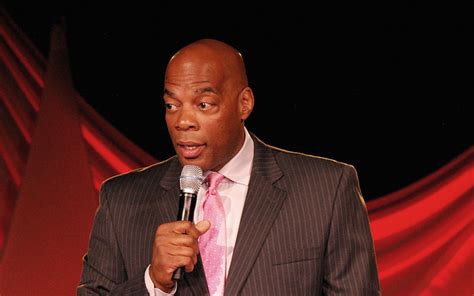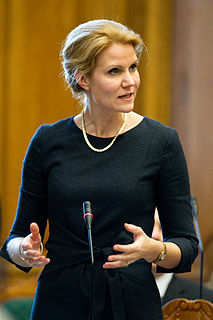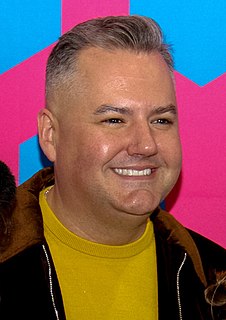A Quote by Morrissey
British politics, as the world knows, is a joke. Yet it's rarely funny.
Related Quotes
I have become a giant fan of the testing process, especially with a comedy. I mean, they tell you what's funny. It's almost tailor-made for people who shoot the way we shoot, trying a million different options and versions of things. Because the audience doesn't laugh at a joke, we put in another joke. If they don't laugh at the next joke, we put in another joke. You just keep doing them and you can get the movie to the point where every joke is funny, if you have enough options in the can.
If a comedian tells a joke that you find funny, you laugh. If he tells a joke you do not find funny, don't laugh. Or you could possibly go as far as groaning or rolling your eyes. Then you wait for his next joke; if that's funny, then you laugh. If it's not, you don't laugh - or at very worst, you can leave quietly.
If a comedian tells a joke that you find funny, you laugh. If he tells a joke you do not find funny, dont laugh. Or you could possibly go as far as groaning or rolling your eyes. Then you wait for his next joke; if thats funny, then you laugh. If its not, you dont laugh - or at very worst, you can leave quietly.
There's different kinds of improv. There's Second City improv where you try to slowly build a nice sketch. There's stuff you do in college coffee houses where you just go joke, joke, joke. Bring another funny character with a funny hat on his head. Christopher Guest is more the line of trying to get a story out.
I know who Queen Elizabeth represents. I know she's the head of the British state. I know she has all sorts of titles in relation to different regiments in the British army. She knows my history. She knows I was a member of the IRA. She knows I was in conflict with her soldiers, yet both of us were prepared to rise above all of that.



































